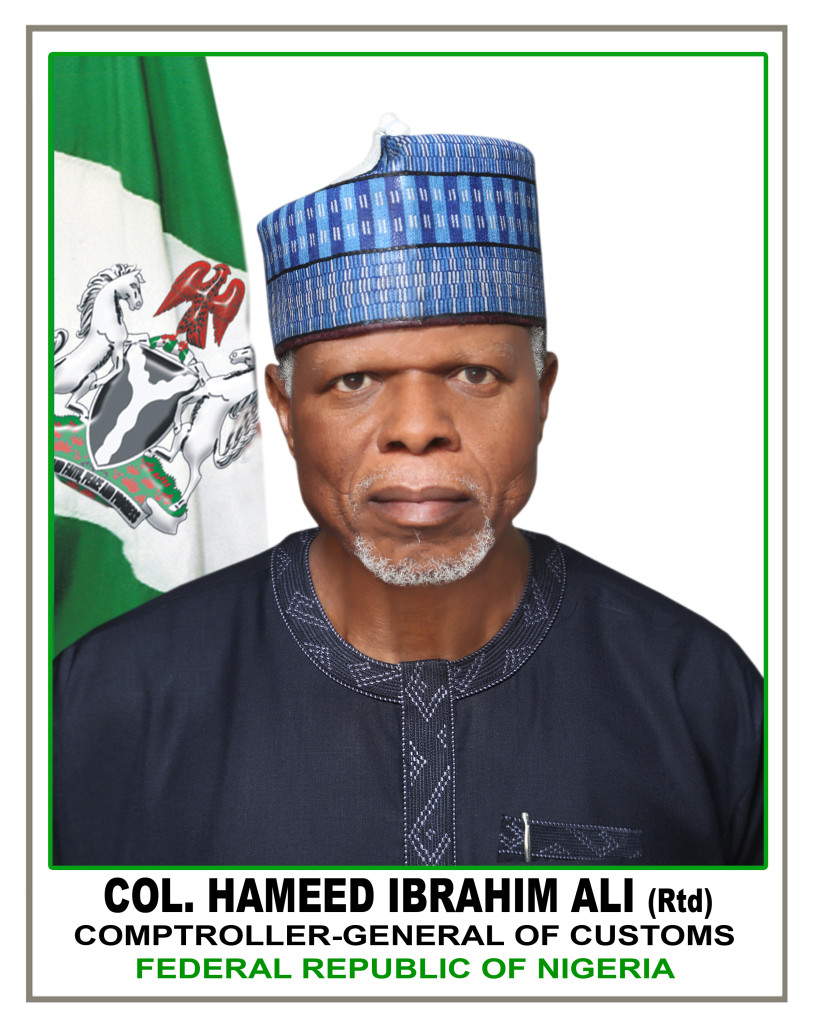Deputy Controller of Customs in charge of Enforcement at the Tincan Island Port command, DC Dera Nnadi has given reasons why the Nigeria Customs Service (NCS) cannot grant zero duty on imported vessels in Nigeria as being requested by the indigenous ship owners in recent times.
Nnadi who was reacting to issues raised by stakeholders in the shipping industry during the Focus Group Meeting organized by the Nigerian Chamber of Shipping in Lagos yesterday said that it was not in the place of the service to grant such request as the service only implement government policies and not to formulate them.
He added that “besides implementing policies, we take feedback from stakeholders and we give that to government and then we also take government policies, interpret it and share with stakeholders. Some of those feedbacks, sometimes, from what you saw here today, may not be very complimentary to the stakeholders”.
He admitted that one of the issues that may not be very complimentary to the stakeholders was the issue of waiver on vessels adding that stakeholders could not understand why it should be cheaper to bring in vessels on temporary importation basis whereas so much was being paid as duty on vessels brought in for home use by indigenous ship owners.
“Well, the truth is that we didn’t decide that, we only implement it as a government policy but then I think there is a little misconception here about what waiver fiat is all about. It is not totally true that when you are bringing cargo under TI (Temporary Importation) it is almost free, no, I think that if they calculate the duty you would have paid on that item assuming it is being brought in for home use and not for temporary importation, you are supposed to deposit that same amount in a bank as bond and then present the bond to the Nigeria Customs Service and on the basis of that, you are granted waiver.
“Unfortunately, not for indefinite purposes, it is for a period ranging from six months to two years renewable. Part of the reasons for it being renewable is that it cannot be renewed for more than a specific period. For instance, in some cases, you can’t renew for more than twice. So, if you are granted waiver for first two years, you come back for renewal, of course, after the second two years, you are expected to re-export and when you are coming back, you pass through the rigors of obtaining the documentation process once again.
“Unfortunately, stakeholders in the maritime sector are requesting that there should be complete waiver on duty on commercial vessels. It is not for customs to do that, it is for government to do that and then customs will implement and it already being achieved for commercial airlines. Commercial airlines don’t pay duty but then private airlines pay duty because we consider them luxury and that is what I tried to emphasize when I said that sometimes, you try to emphasize certain things to help certain aspects of the industry. Yatch for instance pay so much duty because it is also considered luxury but then it is not for Nigeria Customs Service to say remove duty on commercial vessels.
“You purchase a ship and bring it into Nigeria on temporary basis, it is also foreign, it is not yours anyway, the one you bought, I agree with you, it is indigenous, the duty on it, like I said, is actually a government policy. I wouldn’t want to say remove it or leave it, it is for the government to listen to what the Chamber has just recommended and of course, it is good it is being emphasized because this is the second time it is coming up”, he stated.
On allegation that the service may not want the duty on imported vessels to go as it uses it to boost its annual revenue target, Nnadi said,” Again, target setting is also a function of government. Now, the question is, the money collected by customs, what is it used for? That money is paid into TSA account, customs does not have the prerogative to spend the money they collect, customs also operate on a budget. So, most of the money collected by customs also goes back to government for development of other sectors of the economy. So, what I expect the media to do is to say that if all these money have been collected as tax from commercial vessels, can we also divert part of that money to the development of the shipping sector? That is the question the media and the Chamber should be asking”.
Send your news, press releases/articles to augustinenwadinamuo@yahoo.com. Also, follow us on Twitter @ptreporters and on Facebook on facebook.com/primetimereporters or call the editor on 07030661526, 08053908817.

